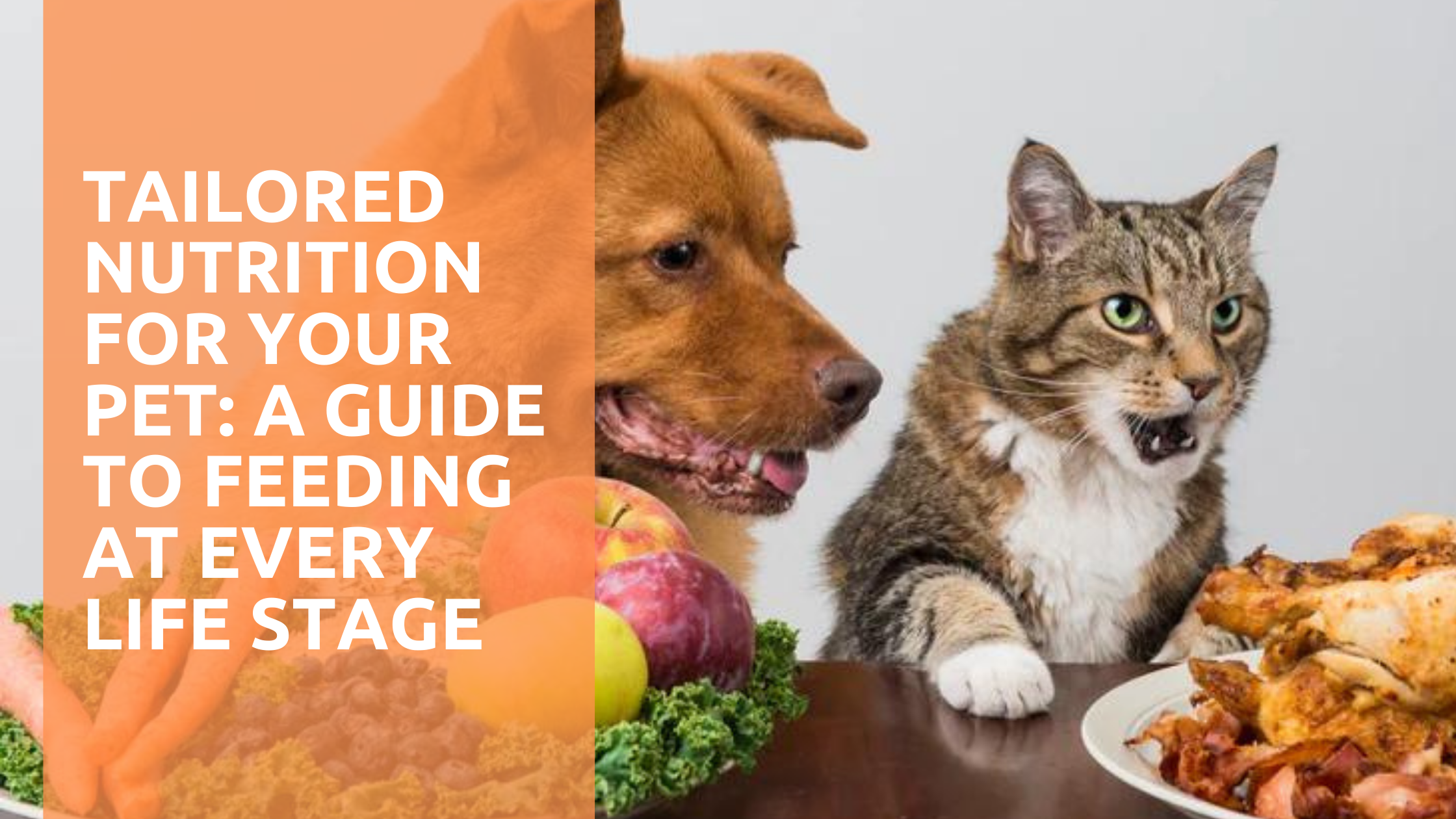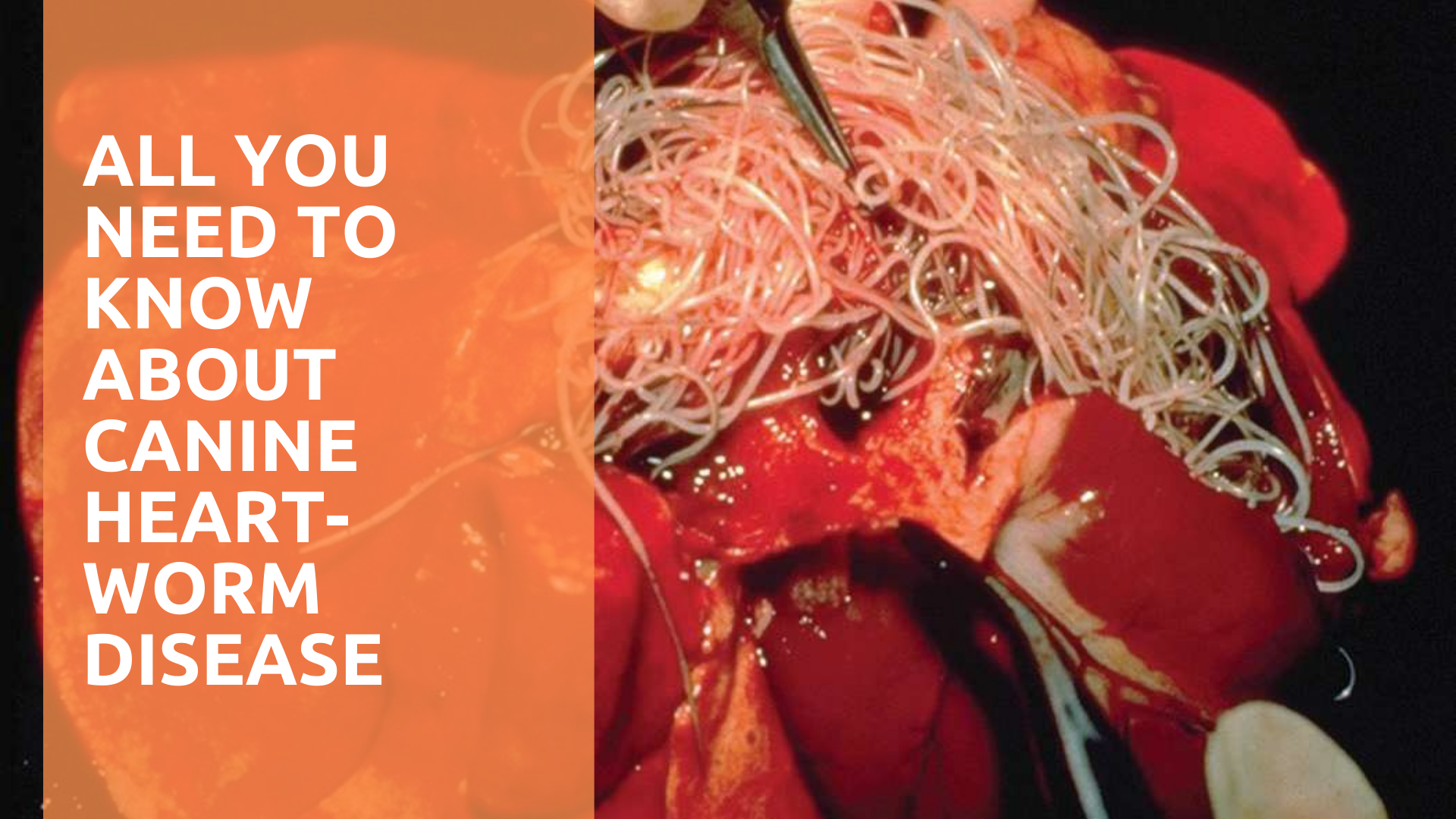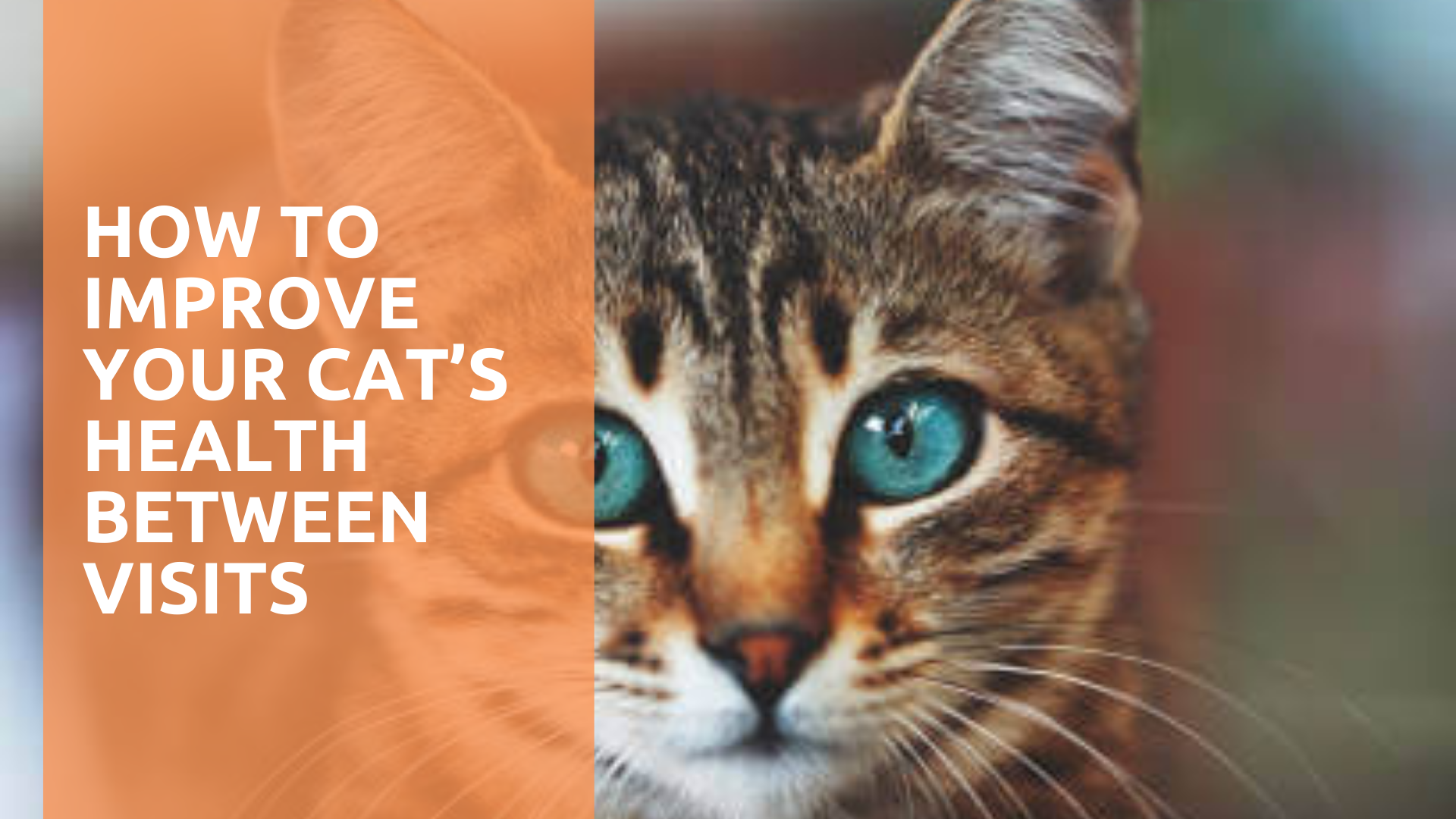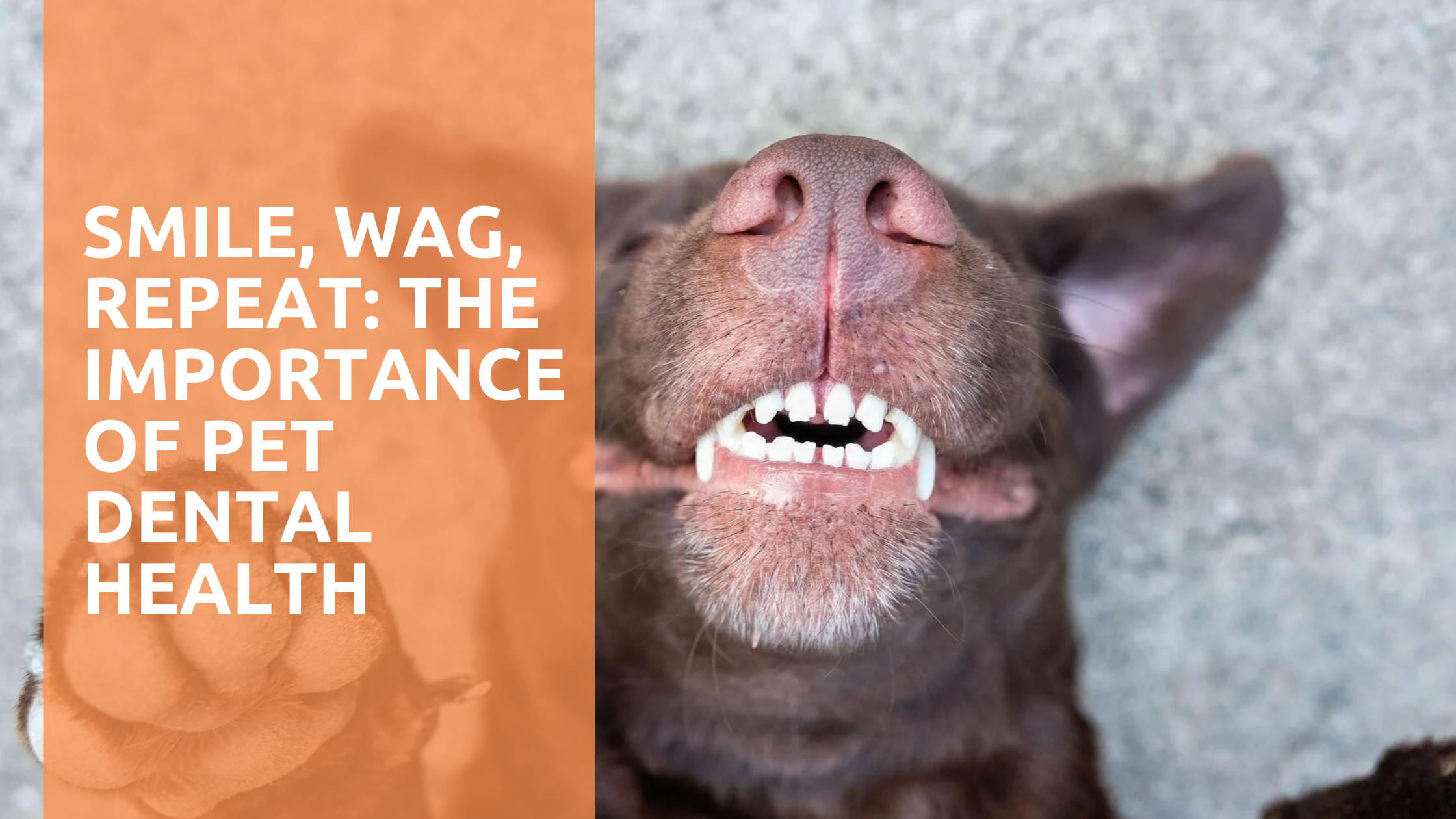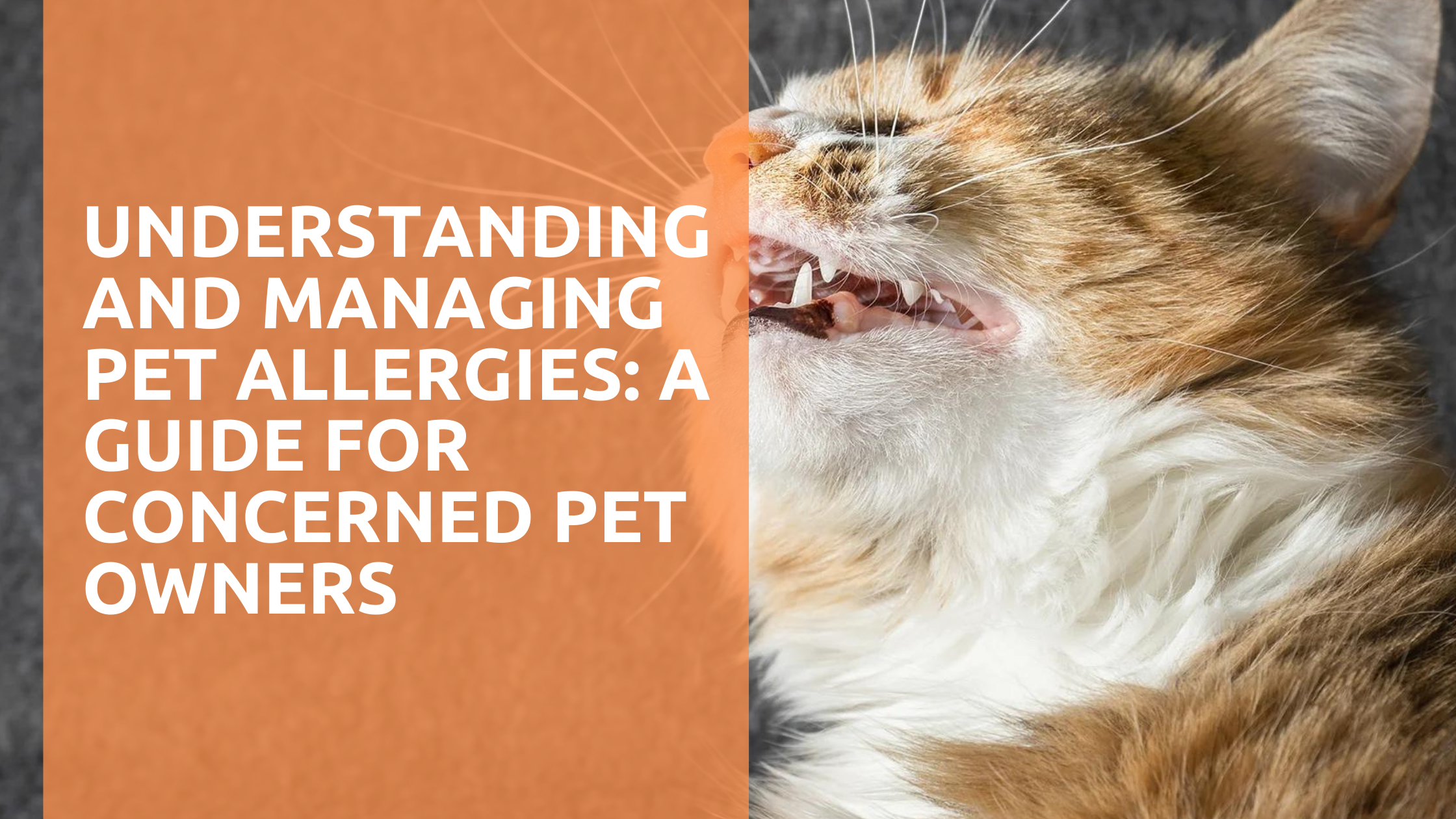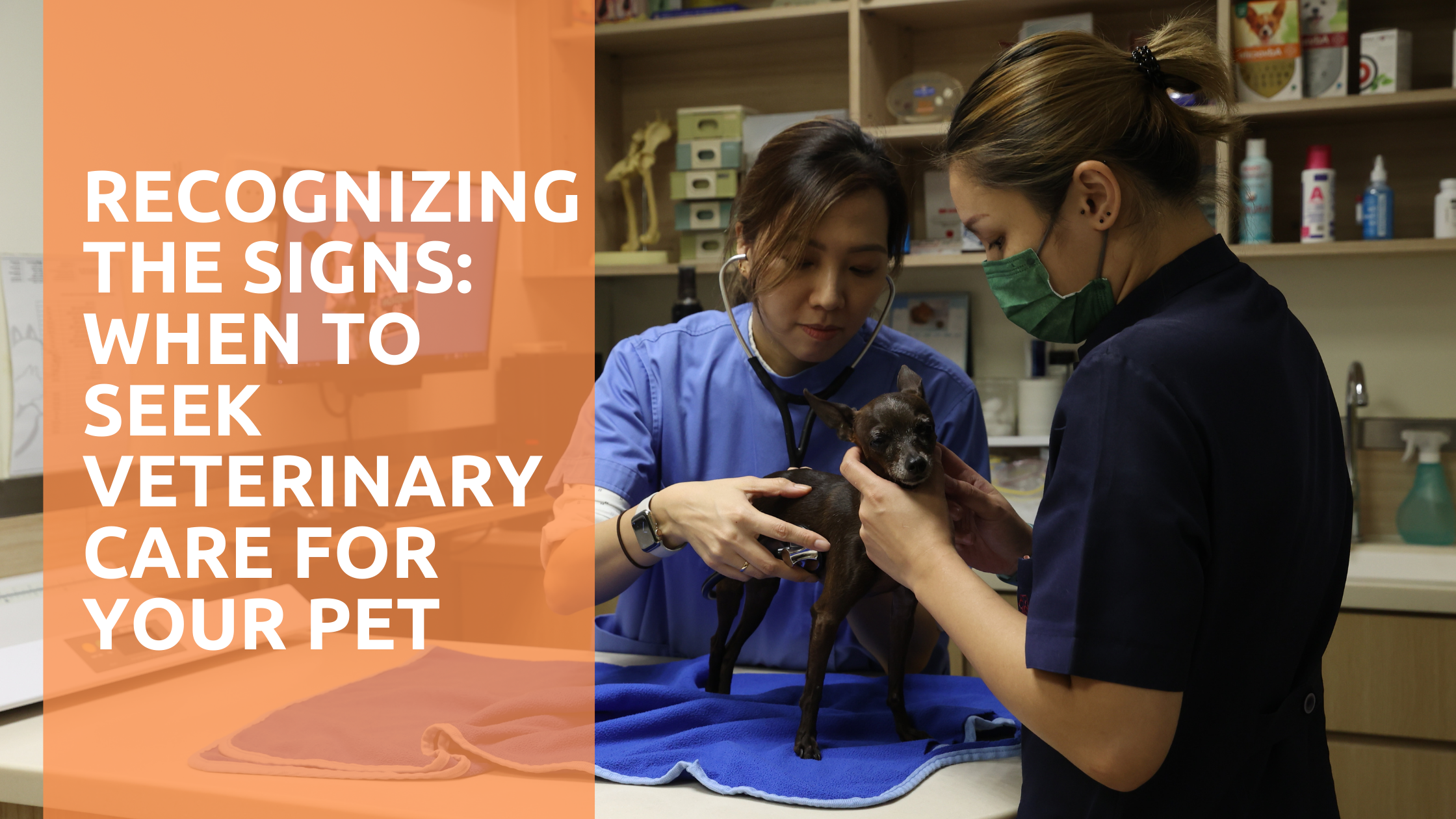Just as humans have different nutritional needs throughout their lives, so do our furry companions. In this comprehensive guide, we’ll explore how to tailor your pet’s diet according to their breed, age, and specific health requirements. Let’s dive into the world of pet nutrition and learn how to keep your four-legged friends happy, healthy, and well-fed!
Understanding the Basics of Pet Nutrition
Before we delve into specific life stages, let’s cover some fundamental principles of pet nutrition:
- Balanced Diet: A complete pet food should provide all the necessary nutrients in the right proportions.
- Quality Ingredients: Look for foods with high-quality protein sources listed as the first ingredients.
- Appropriate Calorie Content: The calorie density should match your pet’s energy needs.
- Hydration: Ensure your pet always has access to fresh, clean water.
- Consistency: Sudden changes in diet can upset your pet’s digestive system. Always transition to new foods gradually.
Nutrition for Puppies and Kittens: Fueling Rapid Growth
The early months of a pet’s life are characterized by rapid growth and development. Here’s what you need to know:
Puppies
- High-Quality Puppy Food: Choose a food specifically formulated for puppies, rich in protein and essential nutrients.
- Frequent Meals: Feed 3-4 small meals per day to support their high energy needs and rapid metabolism.
- Breed-Specific Considerations: Large breed puppies may benefit from food designed to support healthy bone and joint development.
- Transition Period: Around 1 year of age (or later for large breeds), gradually transition to adult dog food.
Kittens
- Kitten-Specific Formula: Look for food high in protein, fat, and essential amino acids like taurine.
- Multiple Small Meals: Feed 3-4 times daily to support their high energy needs.
- Wet Food Benefits: Wet food can help ensure adequate hydration and may be easier for young kittens to eat.
- Transition to Adult Food: Around 1 year of age, start transitioning to adult cat food.
Adult Pet Nutrition: Maintaining Health and Vitality
As pets reach adulthood, their nutritional needs stabilize but vary based on factors like breed, size, and activity level.
Adult Dogs
- Size Matters:
- Small breeds: Often need calorie-dense food due to higher metabolic rates.
- Large breeds: May benefit from foods supporting joint health.
- Activity Level: Adjust portions based on your dog’s exercise routine.
- Special Formulations: Some dogs may benefit from breed-specific or condition-specific foods (e.g., for sensitive stomachs or skin issues).
Adult Cats
- Indoor vs. Outdoor: Indoor cats generally need fewer calories than their outdoor counterparts.
- Protein-Rich Diet: Cats are obligate carnivores and require a diet high in animal protein.
- Wet Food Benefits: Can help prevent urinary tract issues and provide additional hydration.
- Weight Management: Monitor portions to prevent obesity, which is common in indoor cats.
Senior Pet Nutrition: Supporting Aging Bodies
As pets enter their golden years (generally around 7 years for most breeds, earlier for large dog breeds), their nutritional needs change once again.
Senior Dogs
- Lower Calorie Density: As metabolism slows, reduce calorie intake to prevent weight gain.
- Joint Support: Look for foods with added glucosamine and chondroitin for joint health.
- Digestibility: Opt for easily digestible proteins to support aging digestive systems.
- Cognitive Function: Some senior dog foods include antioxidants to support brain health.
Senior Cats
- Kidney Health: Senior cat foods often have controlled phosphorus levels to support kidney function.
- Digestive Support: Look for foods with added prebiotics and easily digestible proteins.
- Dental Health: Crunchy kibbles or dental treats can help maintain oral health.
- Hydration: Increased moisture content in food becomes more important as cats age.
Special Considerations
Weight Management
Obesity is a growing concern in pets. If your pet needs to lose weight:
- Consult your vet for a safe weight loss plan.
- Consider specially formulated weight management foods.
- Increase exercise and reduce treats.
Food Allergies and Sensitivities
If your pet shows signs of food allergies (e.g., itchy skin, digestive issues):
- Work with your vet to identify the allergen.
- Consider limited ingredient diets or novel protein sources.
- Avoid common allergens like beef, dairy, or wheat if necessary.
Prescription Diets
For pets with specific health conditions, prescription diets may be recommended:
- Kidney disease
- Diabetes
- Liver issues
- Urinary tract health
The Role of Treats in Pet Nutrition
While treats are a great tool for training and bonding, they should make up no more than 10% of your pet’s daily caloric intake. Look for healthy, low-calorie options, and consider using small pieces of your pet’s regular food as treats.
Homemade and Raw Diets
While some pet owners prefer homemade or raw diets, these require careful planning to ensure nutritional balance. Always consult with a veterinary nutritionist before starting a homemade diet to avoid nutritional deficiencies.
The Importance of Veterinary Guidance
Every pet is unique, and their nutritional needs can vary based on factors like health status, activity level, and genetics. Regular check-ups with your veterinarian at Victory Animal Hospital can help ensure your pet’s diet is meeting their specific needs. We can provide personalized recommendations and help you navigate the often confusing world of pet nutrition.
Proper nutrition is a cornerstone of your pet’s health and happiness. By tailoring their diet to their specific life stage, breed, and health status, you’re setting them up for a long, vibrant life. Remember, what works for one pet may not work for another, so don’t hesitate to reach out to us at Victory Animal Hospital for personalized nutritional advice.

